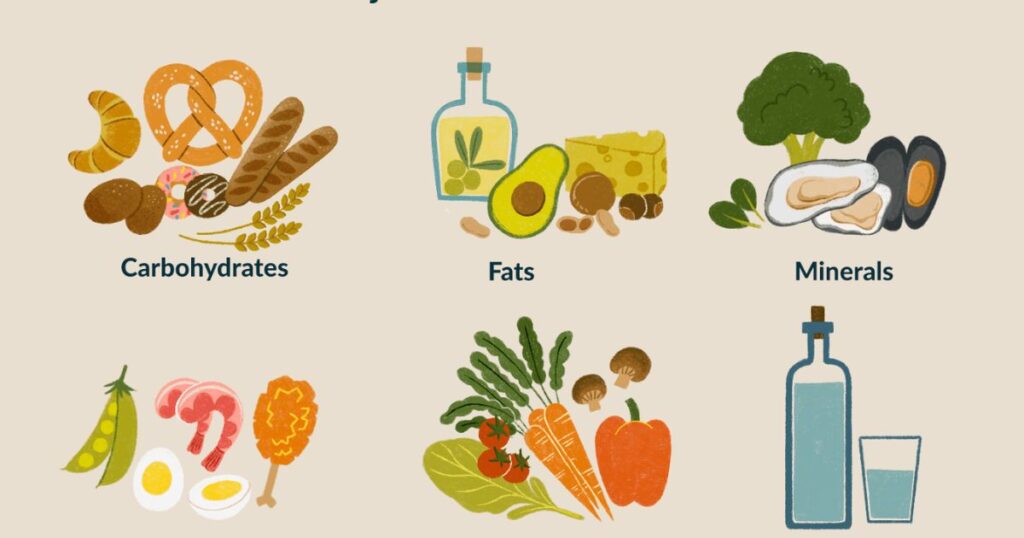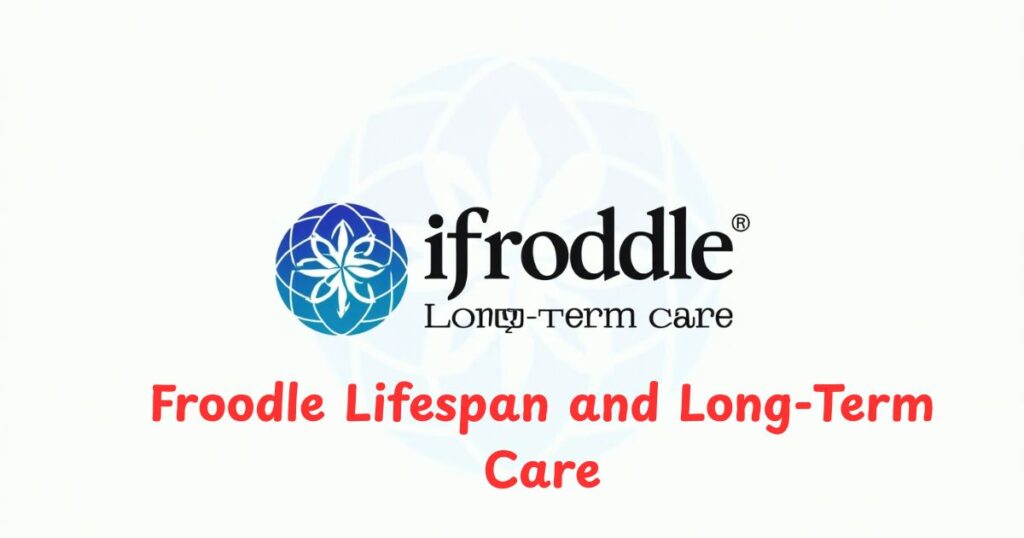The Froodle is a charming French Bulldog Poodle mix that combines the best traits of both parent breeds. This designer dog breed recognized by the American Canine Hybrid Club makes an excellent family companion but requires consistent training and lots of attention. If you’re considering Froodle puppies for sale, understanding their unique needs is essential for success.
What is a Froodle? French Bulldog Poodle Mix Overview
A Froodle is a hybrid dog breed created by crossing a French Bulldog with a Miniature Poodle. This designer dog isn’t a purebred, but it’s gaining popularity as a loyal companion dog perfect for families and individuals alike.
The American Canine Hybrid Club recognizes this mix as a legitimate crossbreed. Froodle breeders typically use Miniature Poodles rather than standard-sized ones to keep the offspring small and manageable.
This small companion dog inherits traits from both parents. You might get a dog that looks more like a Poodle or one that favors the French Bulldog. Each Froodle is unique, making them special additions to any household.
Froodle Appearance and Size: What to Expect

Froodles are small dogs that typically measure 12-15 inches in height and weigh 18-22 pounds when full grown. Their appearance varies depending on which parent breed dominates their genetics.
Froodle colors include:
- White
- Gray
- Black
- Tan
- Brown
- Beige
- Red
Some Froodle pictures show dogs with the Poodle’s longer snout and floppy ears. Others display the French Bulldog’s shorter face and erect ears. The coat types can range from the Poodle’s curly, low-shedding fur to the Frenchie’s smooth, short coat.
Pink Froodles aren’t actually pink but may have pink skin showing through light-colored coats. Check Froodle Instagram accounts to see the variety of appearances this mix can have.
Froodle Temperament: Personality Traits and Behavior
Froodles are known for being:
- Loyal and loving
- Affectionate with family
- Intelligent but sometimes stubborn
- Playful and energetic
- A bit needy for attention
This family-friendly small dog bonds strongly with its owners. However, this devotion can lead to separation anxiety if left alone too long. They’re not ideal for people who work long hours away from home.
Froodle intelligence comes primarily from the Poodle side. They’re quick learners but can be stubborn like their French Bulldog parent. This combination means they need patient, consistent training from day one.
These apartment-friendly dogs adapt well to smaller living spaces. They’re generally good with children and enjoy interactive play sessions with family members.
Is a Froodle Right for Your Family?

Froodles make excellent family pets under the right circumstances. They work best for:
- Families with children who understand gentle handling
- People who spend most of their time at home
- First-time dog owners willing to invest in training
- Those seeking a small, affectionate companion
They’re good dogs for apartments due to their size and moderate exercise needs. However, they may not suit families who:
- Travel frequently or work long hours
- Want a completely independent dog
- Expect minimal training requirements
- Have very young children who might be rough
Froodles typically get along with cats and other pets when properly socialized. Early introduction and consistent socialization help ensure peaceful coexistence.
Froodle Training Tips: Overcoming Stubbornness
Froodle training requires patience and consistency. These dogs inherit some stubbornness from their French Bulldog parent, making training sessions challenging but rewarding.
Key training strategies:
Start early with puppy socialization and basic commands. Puppy classes provide structured learning and social interaction with other dogs.
Use positive reinforcement rather than harsh corrections. Interactive toys can help keep their minds engaged between training sessions.
Focus on preventing nipping behavior early. Froodle puppies may mouth or nip during play. Redirect this behavior by offering appropriate toys instead.
Consistency is crucial. Every family member should use the same commands and rules. Mixed messages confuse dogs and slow progress.
Consider canine sports like agility once basic training is complete. These activities provide mental stimulation and strengthen your bond.
Froodle Exercise Needs: Daily Activity Requirements
Froodles need 45 minutes of daily exercise to stay healthy and happy. This moderate requirement makes them suitable for various lifestyles.
Daily exercise can include:
- Morning and evening walks
- Indoor play sessions
- Interactive games and puzzle toys
- Short training sessions
These small dogs don’t need intense workouts. A couple of moderate walks plus some playtime usually meets their needs. Apartment living works well since they don’t require large yards.
Mental stimulation is just as important as physical exercise. Interactive toys, training sessions, and canine sports help prevent boredom and destructive behaviors.
Watch for signs of overexertion, especially in Froodles with brachycephalic features. These dogs can overheat quickly and may have breathing difficulties during intense exercise.
Feeding Your Froodle: Diet and Nutrition Guide

Feeding small dogs like Froodles requires careful portion control. They typically need 1 cup of high-quality kibble per day, divided into two or three meals.
Diet guidelines:
- Choose quality kibble appropriate for small breeds
- Divide daily portions into multiple meals
- Limit treats to 10% of daily calories
- Provide fresh water at all times
Best kibble for Froodles should be high-quality with appropriate protein levels. Small-breed formulas often work well since the kibble size matches their mouth size.
Overfeeding is a common problem with small dogs. Even slight increases in food can lead to weight gain. Obesity increases risks for breathing problems and heart conditions.
Monitor your dog’s weight regularly. You should be able to feel their ribs without pressing hard. Adjust portions based on activity level and age.
Froodle Grooming: Coat Care and Maintenance
Grooming needs for Froodles vary significantly depending on their coat type. Poodle-type coats require daily brushing and regular professional grooming. French Bulldog coats need minimal maintenance.
Basic grooming routine:
- Brush regularly (daily for curly coats, weekly for smooth coats)
- Professional grooming every 6-8 weeks for Poodle-type coats
- Nail trimming every 2 months
- Teeth brushing 3-7 times per week
- Regular ear cleaning and health checks
Low-shedding dogs like Poodle-mix Froodles may be better for people with mild allergies. However, no dog is truly hypoallergenic.
Grooming sessions provide opportunities to check for health problems like eye infections, skin issues, or unusual lumps. Early detection helps prevent minor issues from becoming serious conditions.
Common Froodle Health Issues and Prevention
Froodle health problems can inherit issues from both parent breeds. However, hybrid dogs often have fewer genetic problems than purebreds due to increased genetic diversity.
Minor conditions:
- Eye infections
- Patellar luxation (kneecap dislocation)
Serious conditions:
- Diabetes
- Heart defects
- Progressive retinal atrophy
- Immune mediated hemolytic anemia
Froodles with brachycephalic features (flat faces) may experience breathing difficulties and overheating. This is more common when they inherit the French Bulldog’s facial structure.
Prevention strategies:
- Regular vet checkups
- Healthy diet and proper exercise
- Weight management
- Early detection of symptoms
The average Froodle lifespan is 11-13 years, which is typical for small companion dogs.
Finding Froodle Puppies: Breeders vs. Rescue
Froodle puppies for sale can be found through reputable breeders or rescue organizations. Each option has advantages and considerations.
Working with breeders:
- Research Froodle breeders thoroughly
- Visit facilities and meet parent dogs
- Ask about health testing and socialization
- Expect to pay higher Froodle puppies price
Adoption vs breeder considerations favor rescue when possible. Rescue dogs are often already spayed/neutered and may have some training.
Dog adoption from shelters gives homeless dogs second chances. While pure Froodles are rare in shelters, similar small mixed breeds are often available.
Froodle dog price varies widely based on location, breeder reputation, and parent dog quality. Research thoroughly before making decisions based solely on price.
Froodle Lifespan and Long-Term Care

Froodle lifespan typically ranges from 11-13 years. Long-term care planning helps ensure your dog stays healthy throughout their life.
Age-related considerations:
- Puppy stage (0-1 year): Intensive training and socialization
- Adult stage (1-7 years): Consistent exercise and preventive care
- Senior stage (7+ years): Modified exercise and increased vet visits
Senior care may require diet adjustments, gentler exercise, and more frequent health monitoring. Common small dog illnesses become more likely with age.
Separation anxiety solutions remain important throughout their lives. These loyal dogs never outgrow their need for companionship and attention.
Froodle vs. Parent Breeds: Key Differences
Understanding parent breed characteristics helps predict Froodle traits:
French Bulldog traits:
- Calm and less active
- Brachycephalic breathing issues
- Stubborn but affectionate
- Minimal grooming needs
Poodle traits:
- High intelligence
- Active and trainable
- Hypoallergenic coat (myth – no dog is truly hypoallergenic)
- High grooming requirements
Froodles typically fall somewhere between these extremes. They’re usually more active than French Bulldogs but calmer than Poodles. Grooming needs and intelligence levels vary based on dominant traits.
Living with a Froodle: Apartment and Family Life
Froodles are excellent apartment dogs due to their small size and moderate exercise needs. They adapt well to various living situations when their social needs are met.
Apartment living tips:
- Provide daily walks regardless of weather
- Use interactive toys for mental stimulation
- Socialize regularly with neighbors and other dogs
- Create quiet spaces for rest
Family life with Froodles revolves around their need for attention and interaction. They thrive when included in daily activities and family routines.
Good dogs for apartments typically have moderate energy levels and don’t bark excessively. Froodles usually meet these criteria when properly trained and exercised.
Froodle Socialization: Getting Along with Pets and People

Froodle socialization should begin early and continue throughout their lives. These social dogs generally get along well with people and other pets when properly introduced.
Socialization strategies:
- Puppy classes for early exposure
- Gradual introductions to new pets
- Positive experiences with children
- Regular outings to new environments
Dogs that get along with cats usually have early socialization with feline friends. Froodles can learn to coexist peacefully with cats when introductions are handled carefully.
Family-friendly traits make them good with children, but supervision is important during play. Teaching children gentle handling prevents accidental injuries to these small dogs.
Froodle Cost: Budget for Your New Companion
Froodle cost includes initial purchase price plus ongoing expenses. Budgeting helps ensure you can provide proper care throughout their 11-13 year lifespan.
Initial costs:
- Froodle puppies price: Varies by breeder and location
- Supplies: Bed, crate, toys, food bowls
- Initial vet visits: Vaccinations, spay/neuter, microchip
Monthly expenses:
- Quality food: $20-40
- Grooming: $30-80 (varies by coat type)
- Vet care: $50-100 average
- Supplies: Toys, treats, replacements
Annual costs can range from $800-1500 depending on grooming needs, health issues, and lifestyle choices. Emergency vet bills should be considered in long-term budgeting.
Conclusion
Froodles make wonderful family companions for the right households. These French Bulldog Poodle mixes offer loyalty, intelligence, and affection in a small package.
While they require consistent training and plenty of attention, their loving nature and adaptability make them excellent apartment dogs. Research Froodle breeders carefully or consider adoption to find your perfect small companion dog match.



![Catahoula Leopard Dog: Complete Breed Guide, Traits & Care Tips [2025]](https://autocheezup.com/wp-content/uploads/2025/09/catahoula-leopard-dog-complete-breed-guide-traits-and-care-tips-2025-150x150.jpg)

